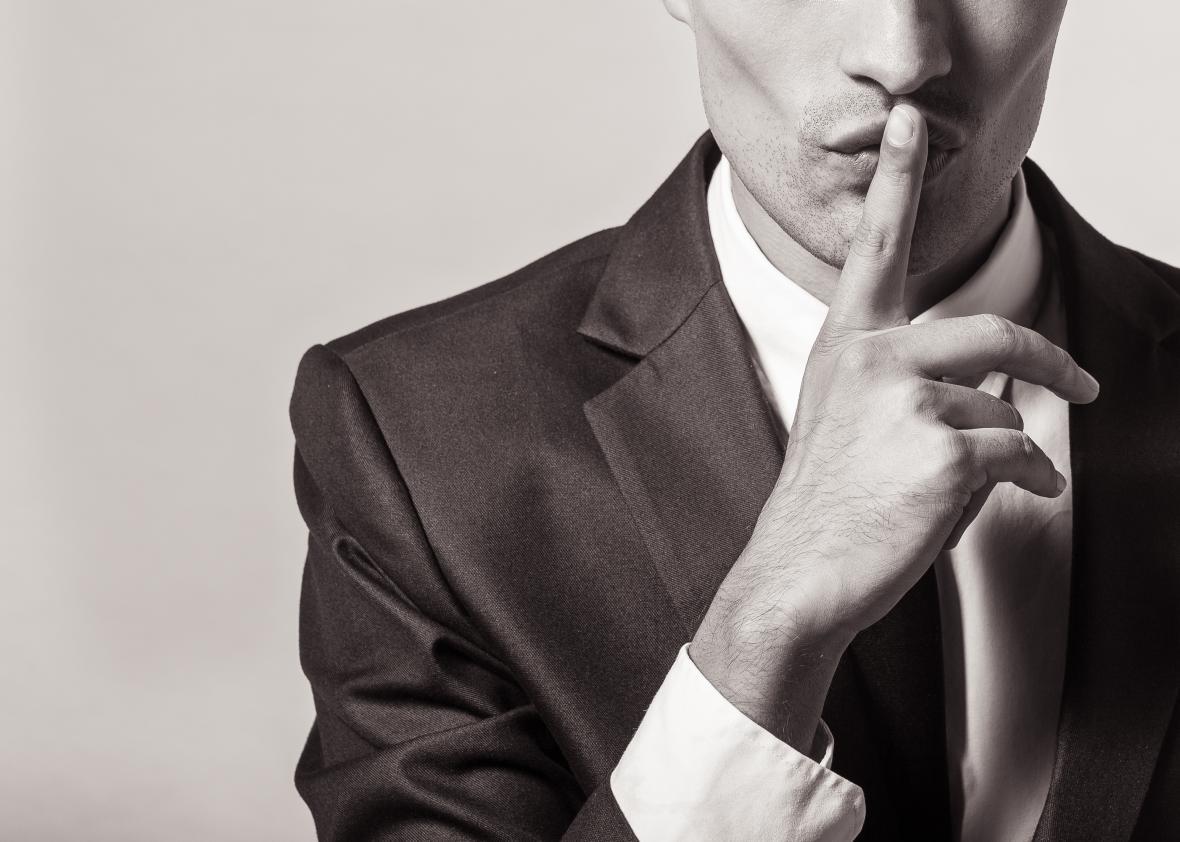On Monday, the Association of Certified Biblical Counselors held a gathering at the Southern Baptist Theological Seminary in Louisville, Kentucky, which was billed as the “first ever” evangelical conference on the subject of something they’re calling “transgender confusion.” According to someone who attended the event, the result was a one-sided succession of rants against modernity and cultural change that made little or no attempt to address how religious congregations could go about welcoming individuals who are transgender and/or struggling with gender dysphoria.
None of the presenters at the conference was themselves a transgender Christian—they were all cisgender men. There are transgender Christians out there, though, and they reconcile their faith with their gender identity in a variety of ways. Some are living as the sex assigned to them at birth, according to the requirements of their faith, others are members of liberal churches that accept and affirm transgender congregants, and still others fall somewhere in between. One thing all the transgender Christians I spoke with shared, however, was a feeling of trepidation at the prospect of traditional religious circles paying increasing attention to trans issues.
The first trans Christian I spoke with, whom I’ll call Alex, is a member of a conservative denomination, but he is neither evangelical nor Protestant. Alex identifies as male internally and with certain trusted others, but he hasn’t transitioned socially and is not seeking to transition medically. Even so, he is visibly gender-nonconforming, and he feels that at times he’s treated differently than cisgender members of his faith. For example, Alex said, “My [cisgender] female friend has a male patron saint. No big deal. Yet my priests insisted that I take a female patron saint, because I look like a person who is confused about my gender.”
When we discussed the ACBC conference, Alex expressed concerns about the way his own church (which has no official position on trans issues), would respond as these issues become more visible and more contentious, Alex told me, “The culture wars cloud our thinking on complex ethical issues; I really don’t know what kind of reasoning will dominate discussion of transgender concerns in my church. I do think that there are hugely important bioethical issues at hand. But transgender concerns are a small part of those larger issues.”
I also spoke with Mary, who identifies as both Christian and trans. Although at one time Mary presented in a masculine manner and went by male pronouns, she told me how she subsequently made the choice to live and present herself in accordance with her birth sex, which is female, in order to accommodate the requirement of her faith.
“My views are more conservative than many of the other transgender Christians I know. I made a decision that my faith is more important than any other part of my identity,” Mary, who converted to Coptic Orthodox Christianity approximately a year ago, explained.
Although she willingly conforms to her priest’s requirements, Mary struggles with having been instructed to remain silent about her gender identity outside of private discussions with her priest. “In an ideal world, I’d love to be accepted for who I am, but my acceptance in my parish is more critical. I guess the point of contention between my priest and I is that I feel like I’m lying, I feel like it’s hard to form bonds with my community without them knowing who I am.”
Mother Mary Frances, a trans woman who is the head of a small order of Secular Benedictines, represents a more liberal perspective. She believes that her Christian faith calls her to challenge the dominant culture and practice radical hospitality toward all people.
“Organized religion has, for so many years, made us the target of so much hate, so much bigotry. This has made our community suspicious of representatives of religious faith. It has put up a wall between our community and religious life,” she told me when we spoke via phone about the intersection of faith and transgender issues. Although Mother Mary grew up Southern Baptist, she felt that she could not continue in that tradition and be true to God or to herself. “You feel duplicitous. You feel dishonest. People are seeing you as one thing, but you’re not really that. But gender normalcy is especially important in those conservative [denominations] like the Southern Baptists.”
According to the conference attendee I spoke with, the panelists at the Southern Baptist conference often failed to maintain the distinction between sexual orientation and gender identity in their talks. To these representatives of traditional Christianity, desiring a same-sex partner and feeling oneself to be the opposite sex appear to be one and the same thing, and that thing is bad and against God’s plan. This suggests that tensions over gay rights and same-sex marriage are likely to be extended to tensions over transgender issues. This is concerning because the number of transgender people is small, meaning that young people struggling to understand their feelings about their gender are even more likely to be isolated from others who feel similarly than gays, lesbians, and bisexuals are. Since transgender people also face a heightened risk of discrimination and violence, a more open, compassionate approach would have been particularly welcome at the conference. This is not unprecedented in conservative faiths—at least one Mormon elder has signaled openness on trans issues, as Slate reported in February of this year. Many faiths still have yet to formulate an official position on transgender people and the issues that affect them, but if this conference is any indication of the direction traditional religion is heading in, it’s not a particularly nuanced or hopeful one for transgender Christians and their allies.
